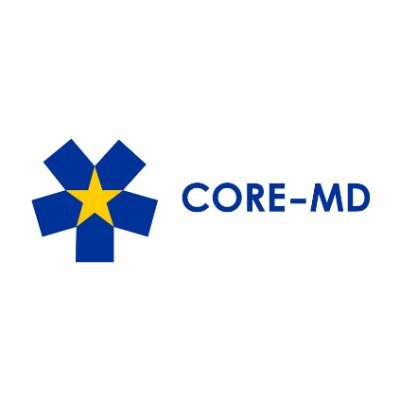EAP Webinar – Every Childhood Matters
15 May 2025
Children are among the most vulnerable to the often-overlooked harms of alcohol exposure — yet policies and public discourse rarely centre their needs. This timely webinar places children and adolescents at the core of Europe’s alcohol harm reduction efforts.
Building on the themes of the European Alcohol Health Alliance Symposium, the session will explore how children are affected at every stage — from prenatal exposure to the impacts of parental misuse, societal consumption, and pervasive alcohol marketing.
Our expert line-up includes Catherine Paradis (WHO Regional Office for Europe), Frank Murray (Alcohol Action Ireland, EASL), and Ann De Guchtenaere (European Academy of Paediatrics), with opening remarks and welcome by the moderator. Together, they will share key evidence, advocacy strategies, and policy actions aimed at reducing alcohol harm across Europe.
Join us for an urgent conversation calling for stronger protections, stricter regulations, and a cultural shift that truly prioritises children’s wellbeing in alcohol policy and prevention.
What You Will Walk Away With
- A deeper understanding of how alcohol exposure impacts children at all stages of development.
- Key evidence and data to support advocacy efforts.
- Insights on the role of paediatricians in promoting alcohol harm reduction through awareness, education, and public health advocacy.
- Insights into the latest European initiatives aimed at reducing alcohol-related harm among young populations.
- Tools to help shift the narrative toward prioritising child health in alcohol policy discussions.
Enjoy the Recording Below
About the Presenters

Catherine Paradis
Technical Officer for Alcohol, Special Initiative on NCDs and Innovation, WHO Regional Office for Europe

Frank Murray
EASL Policy, Public Health & Advocacy Committee Member & Chair of Alcohol Action Ireland

Ann de Guchtenaere
Representative of the EAP at the European Alcohol Health Alliance Symposium

